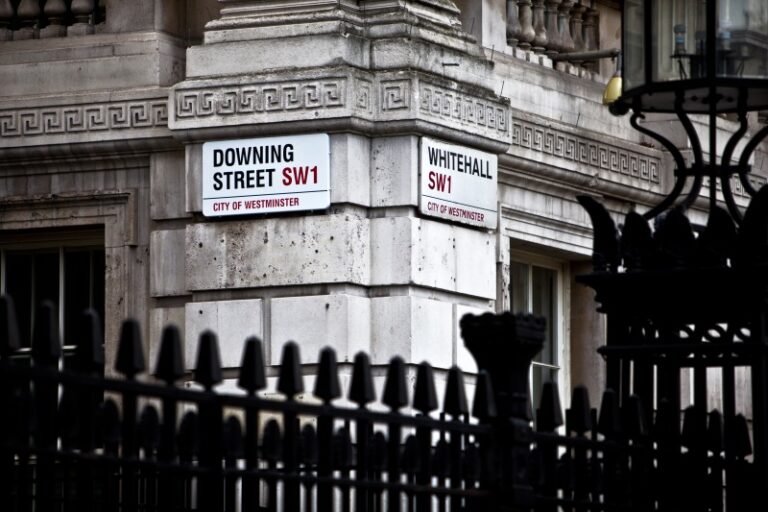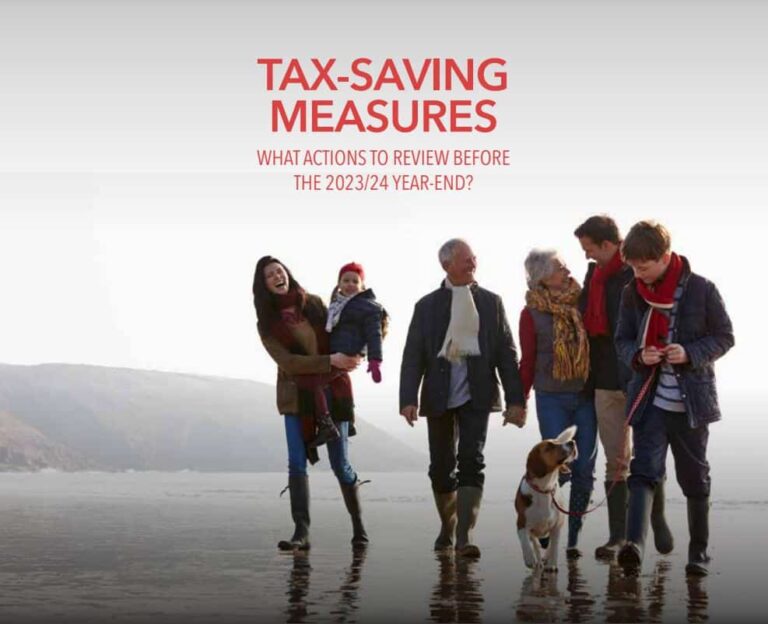
The Impact of a Recession on the Markets
Recent headlines have shown a clear focus on macroeconomic trends, surging inflation, rising interest rates and the ongoing concern of a cost-of-living crisis. We have also seen research suggesting the UK is headed for a recession due to these factors. So, what does this mean for investors and, more importantly, what should we do about it?
Seeing headlines about an upcoming recession causes some people to consider divesting their portfolios. However, is it always the case that stock markets go through a downturn during a recession?
The short answer is no, the economy and stock market are different things and may not be as correlated as we would initially expect. This blog dives deeper into the connection between the two.
When a country goes into a recession it means the economy, measured by GDP (Gross Domestic Product), has gone through two consecutive quarters of negative growth. GDP is the monetary measure of the market value of all the final goods and services produced in a specific time period and is used to measure the size of a country’s economy. Positive GDP growth means the economy has grown and the opposite applies in the case of negative GDP figures.
When talking about GDP, we are referring to the economy. Other measures which are relevant to the economy are interest rates, inflation and employment rates. All the above can be used as an indication as to the health of a country’s economy. The stock market on the other hand is focusing on the publicly traded businesses and relies on traders buying and selling shares of the underlying businesses.
What happens in a recession?
During a recession, we see widespread downturn in general economic activity or a general reduction in the exchange of goods and services within an economy, which means the public are spending less money due to reduced demand. This in turn results in unemployment rates rising, businesses closing and disposable income reducing. If a recession continues for long enough, it could evolve into what is referred to as a ‘depression’, where economic growth continues to spiral downwards. A depression is something we haven’t endured in developed economies since the 1930s.
Recent economic data indicates the UK is likely to enter a recession next year, but does this mean we are likely to see stock markets fall? Not necessarily.
Economies and stock markets aren’t perfectly correlated. There have been several instances where we have seen positive economic growth for a country, yet the relevant stock market has shown negative returns over the same period, and vice versa.
The charts below show the relationship between GDP and stock market returns since the beginning of the millennia. Figure 1 shows the UK economy against the FTSE All Share Index and Figure 2 shows the World GDP figures against the MCSI World Index as a proxy for the global stock market.
Figure 1: UK GDP vs FTSE All Share Performance

Figure 2 – World GDP vs World Stock Market Performance

Whilst there is clearly a general correlation between the economy and global market, we can see multiple occasions where the two different measures have moved in opposing directions. The start of the COVID-19 pandemic in 2020 had a clear impact on the global economy, as shown in both charts, with a negative figure in GDP. However, the world stock market being heavily influenced by US based technology sectors, together with the sudden turnaround in investor sentiment, delivered a positive figure for the year. We see similar situations where the two metrics diverge in 2000-2003, 2008, 2011 and 2018.
There are a few reasons for the disparity between these two metrics. The economy takes many more factors into account such as spending, employment rates and the full population, whereas the stock market only focuses on publicly traded companies and is biased towards the largest institutions. It is also typically the wealthier individuals within a country who hold stocks, so those further down the wealth scale are likely to have little to no impact on the stock market but are counted for within the economy. Stock markets are heavily influenced by the sentiment of traders and investors. As a result the stock market is often forward looking relative to the economy. We would typically expect the stock market to behave in line with how the economy could behave in the future as traders and investors take positions based on how they anticipate the global economy will act in the coming months.
What to do in uncertain times
It is in uncertain times like those we find ourselves in now where the disparity between the economy and market becomes more apparent. In these uncertain times it is vital to ensure investments are well placed and diversified across regions and asset classes.
At Francis Clark Financial Planning, we continue to adopt multi asset, geographically diverse solutions in all of our core strategies. Our investment partners stay on top of events and ensure our strategies continue to be well placed to tackle upcoming market conditions.
The value of your investment can fall as well as rise and is not guaranteed. Past performance is not a guide to future performance.









